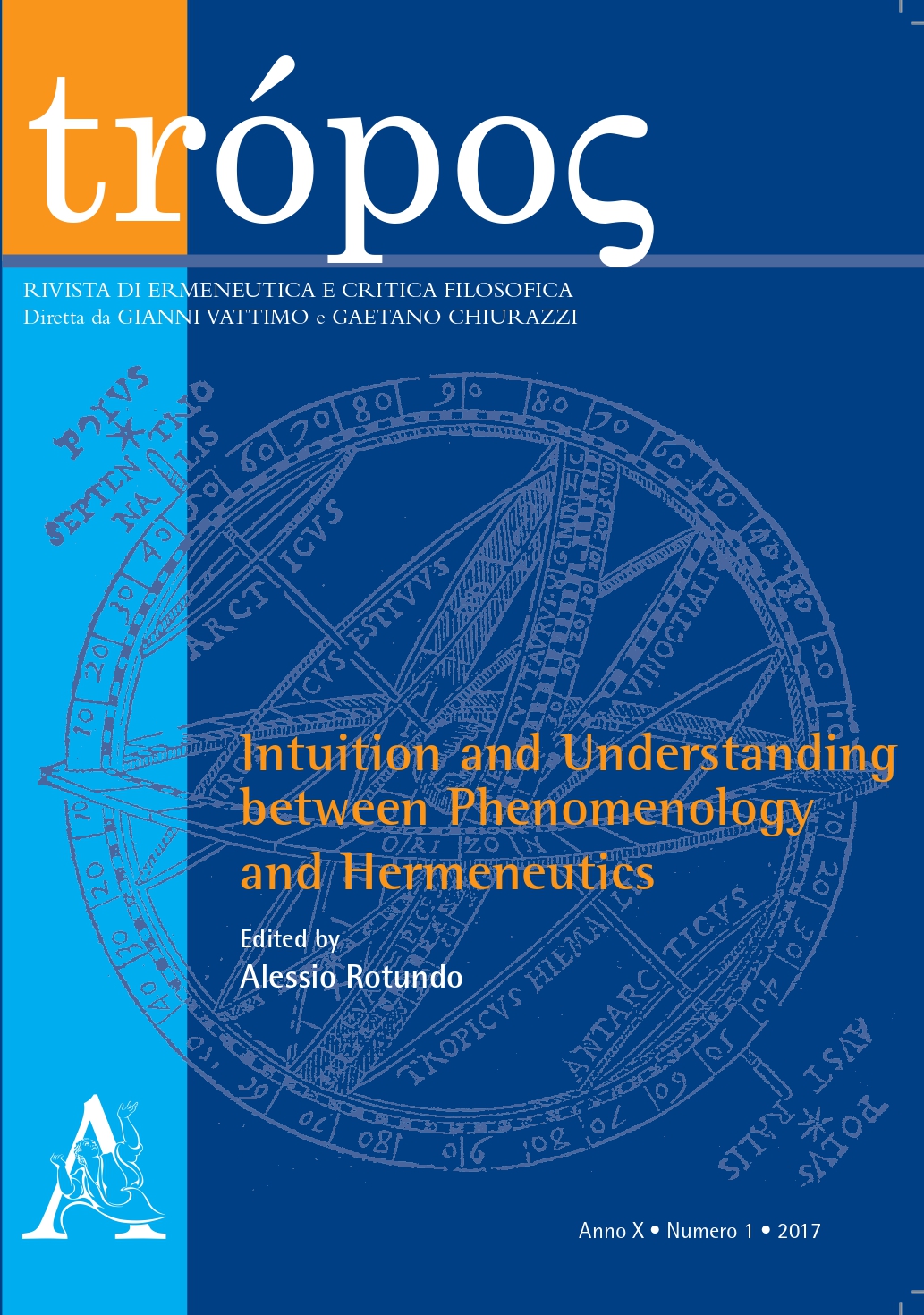Gioco e Unbekümmertheit
Una logica semantica di costituzione dell’oggetto
Keywords:
olehermeneutics, relativism, realism, Gestalttheorie, epistemology, child language, social ontology, affordance, UnbekümmertheitAbstract
The central issue of this essay is the notion of Unbekümmertheit. In modern German, this word describes a “light–heartedness”, an “ease”, or a somewhat “carefree–mind” and has been reinterpreted and re–used with a new significance in the linguistic and psychological theory of Clara and William Stern. Here, the notion denotes a child’s ability to change the meaning and use of the same objects involved in his playtime–activities, which are then subjected to different and sometimes disparate predications. In the gestalt–psychological line from Kurt Lewin and Kurt Koffka to James Gibson — due to Stern’s Kinder-sprache, Martinus Langeveld's Aufforderungscharakter and the phenomenological reconsideration of Unbekümmertheit by Aron Gurwitsch — it is possible to demonstrate a philosophical exploitation of the Unbekümmertheit–phenomenon with regard to the spheres of realism and relativism. In its final section, this paper will show a development of social ontology by pointing out how Unbekümmerheit plays a preponderant role in the plural games characterized by the link between aVordances and social use and how it thus provides a new inter- pretation of human community which is supported by a specific constructivist thing–concept.


